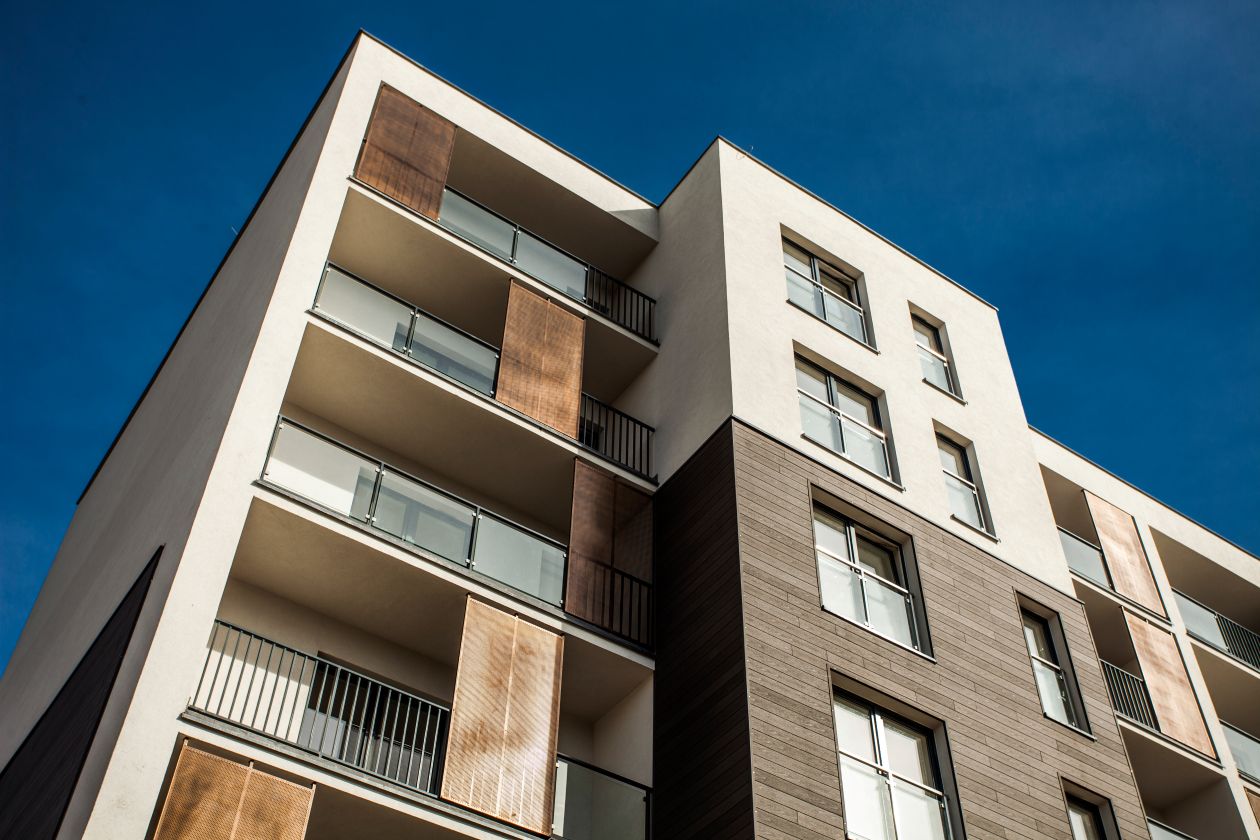Turn Every Interaction into a Business Advantage: The Power of Brand Harmony and Conversation

To thrive in a competitive multifamily market, communities must prioritize exceptional resident experiences to drive higher retention, stronger renewal rates, and improved Net Operating Income (NOI). This was the topic of a recent webinar series, hosted by Entrata and featuring renowned speaker and author Steve Yastrow. Properties must move beyond transactional interactions to foster genuine loyalty and commitment. The core strategy for achieving this centers on brand harmony, building strong relationships and adopting a conversational approach for resident and prospect interactions.
1. Brand Harmony: The Blueprint for Success
Brand Harmony is the concept that a resident's affection and loyalty are built not on a single promise, but on how every single touchpoint with the community blends together to tell one clear, compelling story about their experience.
- The Pointillism Metaphor: Like dots in a painting, every interaction—from the initial property tour and leasing process to maintenance requests, move-in, and daily life—forms a composite picture in the resident's mind. A harmonious brand ensures all these "dots" align to communicate a positive, unified experience.
- The Key Profit Lever: Brand harmony is the most powerful tool for financial success. A compelling resident experience drives residents to commit (sign the initial lease), cooperate, renew (stay longer, reducing turnover costs), and refer.
- The Employee-Customer-Results Model: Employees are the primary creators of the customer experience. By involving site teams in enhancing the resident experience, management ensures the team is enthusiastic about being the brand in every daily interaction.
2. The Power of Conversation: Building "We" Relationships
Relationships are more powerful differentiators than products or services, especially in the deeply personal business of providing a home. The goal is to shift the resident-property dynamic from "us and them" to "we," a feeling of partnership and collaboration.
- Relationships Differentiate: When unit features, amenities, and price points are similar, a genuine human connection is often the factor that tips the balance for a prospects or drives a current resident’s renewal.
- Encounters vs. Transactions: Every resident interaction can either be a transaction (relationship stays the same or gets worse) or an encounter (relationship gets better). The continuous accumulation of positive encounters builds the "we" relationship and loyalty.
- Ditch the Pitch for Conversations that Matter: To create these positive encounters, teams must Ditch the Pitch, meaning they must tear up scripts and avoid monologuing. Instead, they need to turn every presentation into a conversation that matters to the resident. Since humans are natural improvisers, site teams must use conversational habits to adapt to each resident's unique mood, situation, or needs.
- Leveraging Technology: Technology should either be for the convenience of the customer or designed to free up team members’ time so they can focus on personalized, human, relationship-building interactions. Digital tools can deliver policy information while site teams focus on the human connection.
3. The Six Conversational Habits
Conversational success relies on following six habits, designed to help teams listen, improvise, and connect with residents on a deeper level.
Figuring Out What's Going On
- Think Input Before Output: Listen and observe before speaking (Say less to notice more). Let the resident talk more than you; they'll feel heard and more committed to the outcome.
- Size Up the Scene: Interpret what you're seeing and hearing. Determine who this unique person is and what context is driving their decisions or concerns.
Creating Conversational Momentum
- Create a Series of Yeses: Affirmation and agreement (the feeling of "yes") keeps the momentum going. Avoid using the word "no" and find ways to move the conversation forward.
- Explore and Heighten: When a resident shares something they care about (a "gift"), probe on it. Ask more about it to make them feel heard and deepen the conversation.
Focusing on the Prospect or Resident
- Focus the Conversation on prospects or residents: Frame all information (even about the unit or policies) in terms of the resident's life, not the building's features. Make 95% of the conversation about them.
- Don't Rush the Story: Introduce information at a pace the resident can accept, not the pace you're ready to deliver. Leave things in your pocket. Don’t waste attention on information the resident doesn't currently care about.
These conversational skills are built through deliberate practice, giving teams the confidence to handle any interaction and consistently create the human connections that drive resident commitment and loyalty.
All three Steve Yastrow webinars are available now for on-demand viewing at entrata.com/resources.
Interested in seeing what Entrata can do for you?
See how Entrata can transform your operations.